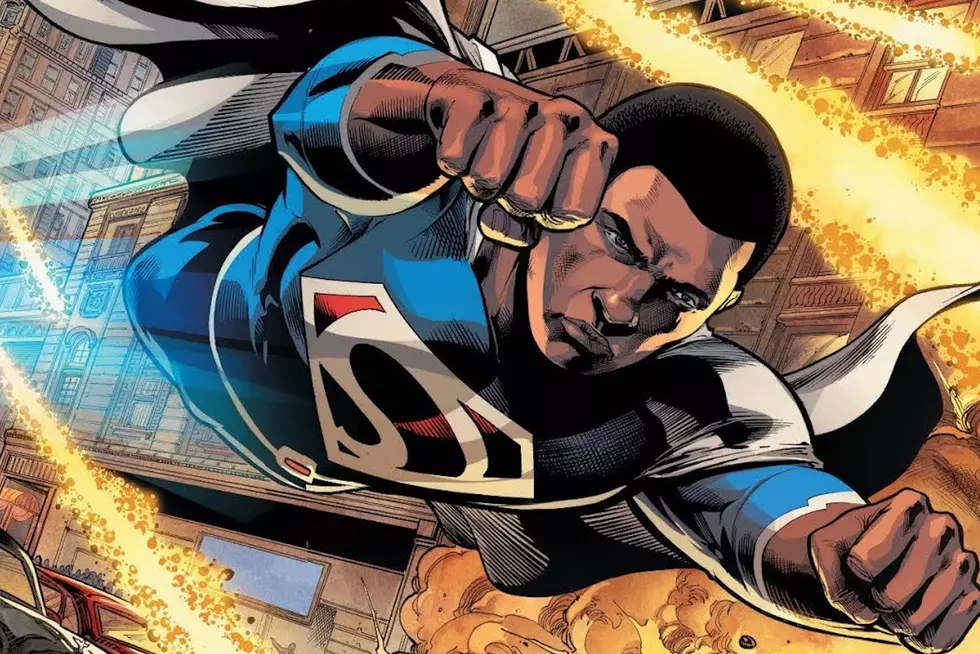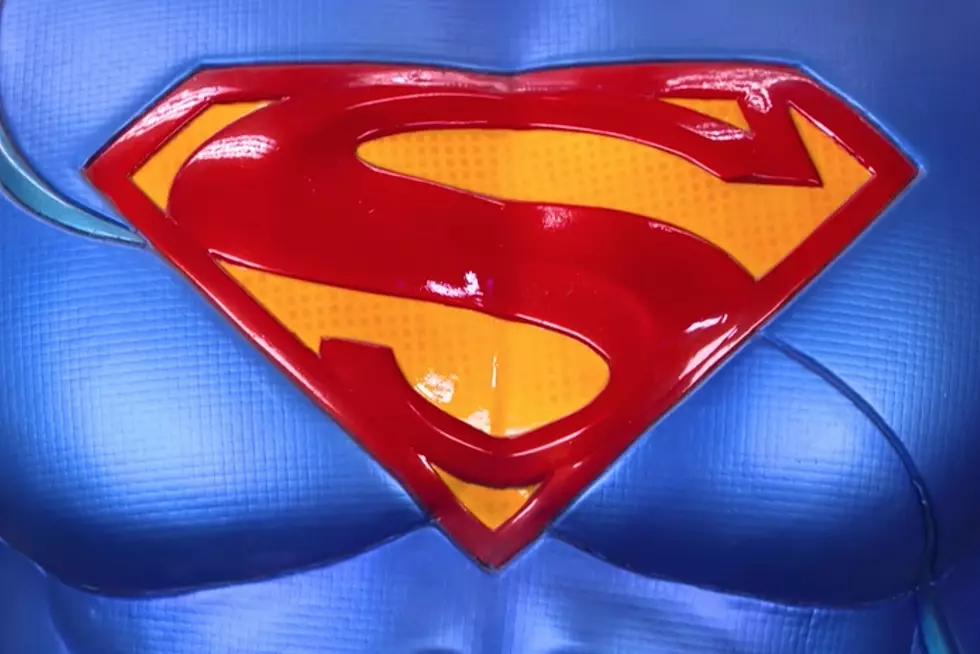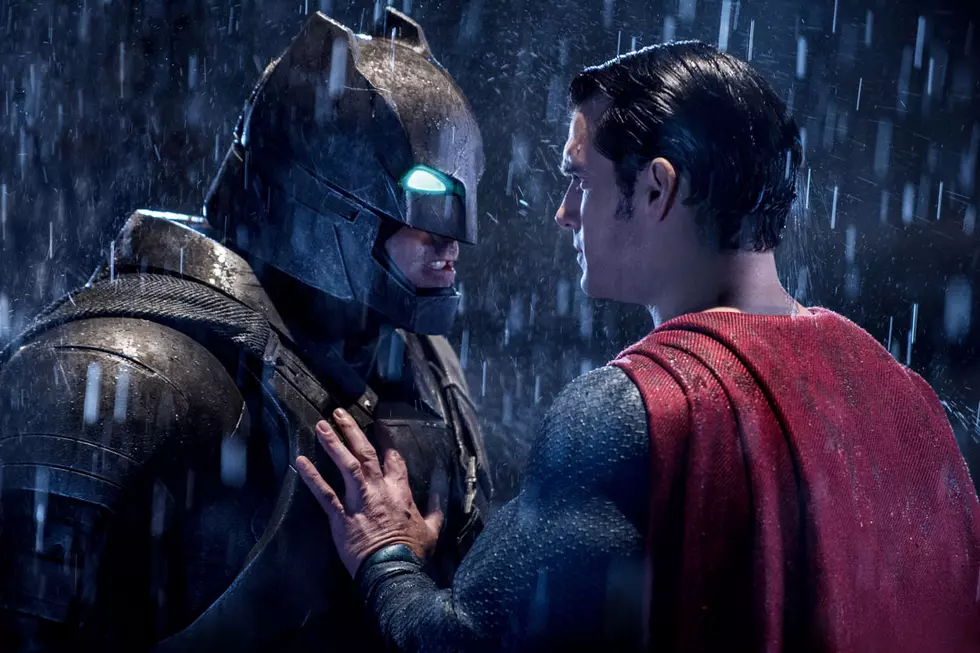
The Walking (Super) Man: Reading Jiro Taniguchi Through the Filter of Clark Kent
Jiro Taniguchi’s The Walking Man is a quiet delight, full of poetic, solitary gentleness and the space between things. Collected in English in a very beautiful padded hardcover by Ponent Mon, it tells the story of a man with a pleasant face who takes neighborhood walks... and that’s the whole book. You should read it, and reflect on it; it's well worth your time. For my part, I couldn’t help but look at it through culture-tinted spectacles. I read it and I thought of Superman, the whole way through.
Perhaps it would be more correct to say that I thought of Clark Kent. The glasses, the large frame, the slicked back hair falling forwards. The niceness. The interest shown in things.
There’s a comic, I'm told, where Superman walks across America. I’m also told it’s pretty bad. I wouldn’t read it either way, as I actually don’t care too much for Superman comics. Superman is an icon, right? I don’t have any great yearning to read a comic about him, but I sure as heck have my impression of the (bird? plane?) man, myth, and legend.
Icons belong to everyone. And "the greatest guy, just the best, coolest person, the most super man" is a character description it would be really nice to like! So I find my Superman in Lois & Clark's puppyish Dean Cain, and apparently I find him in understated, conflict-free, dialog-light Japanese work from 1992. The Walking Man even gets a dog.
You could say the only real comparison is in their looks. Our Walking Man isn’t a reporter (as far as we know); he has no superpowers (as far as we know); he doesn’t come from another planet (ditto, probably); and he’s married to a woman who doesn’t seem to have a job. No parents, no city apartment, no keen young sidekick or rough-talking boss. No arch enemy. No costume.
But he rescues people. He treasures the quiet. He shows kindness at every opportunity, and respects the dignity of each moment we see him in. He values solitude as much as companionship; he betters himself on a whim. He’s not afraid of the elements. He’s a mystery to us --- he engages with his untold stories. He’s nice. He’s patient. And his actions evidence a feeling that it’s good to choose experiences. He subtly expresses inner conflict and makes his peace with it, alone. He is life affirming.
The comic provides its reader with the sort of emotional, psychological, patriarchal support that shy immigrant boys Jerry Siegel and Joe Shuster might have been inspired to imagine.
Listening to an old Superman radio drama, it occurred to me recently that it’s strange to believe that what’s inviting about a Superman story is that he struggles and can’t quite manage. What exactly is super about that? That’s regular man. That’s every man. That’s just a man. Shouldn’t the super stand for super-capable? Super-easy? Super, as in extra, as in unbelievable, as in, he can solve the problems that real, normal, actual human beings aren’t physically able to?
I feel like there’s not too much that Superman actually “conflicts” with, beyond ethical conundrums and the wordsmith’s craft, at his desk, for his job. Problems? Villainy? He should just happen to them, don’t you think?
Wouldn’t you read a comic where Superman goes for a walk and meets an old lady who’s a little bit lost, so he helps her on her way, and then thinks of her again and has no pressing business, so he squeezes though a tiny, tiny gap (why not?) and re-finds her? And they walk on, together, a bit more.
Wouldn’t you?
Isn’t it more pleasant if Superman makes the world seem simpler? Imagine.
Imagine, if we could all relax.
More From ComicsAlliance









